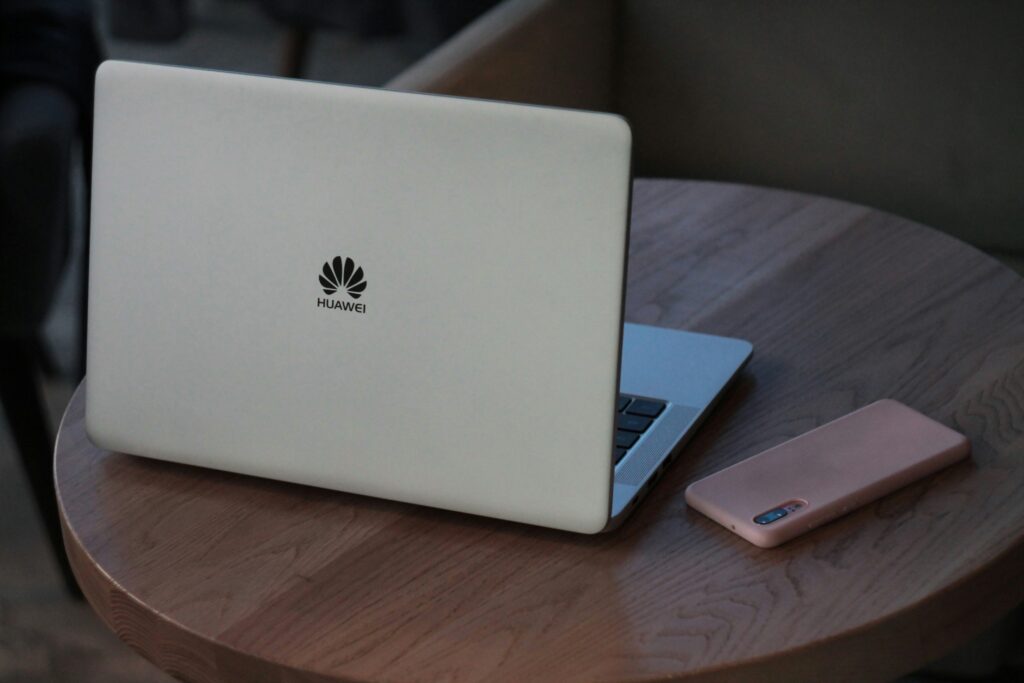Belgian authorities have charged five individuals in a corruption case linked to Chinese telecom giant Huawei. Prosecutors suspect that Huawei attempted to bribe European Union (EU) lawmakers to influence policy decisions in its favor. The Belgian Federal Public Prosecutor’s Office confirmed on Tuesday that four people face charges of active corruption and criminal organization, while a fifth individual is accused of money laundering. Four of the suspects have been placed under arrest warrants, while the person facing money laundering charges has been released under specific conditions.
Raids Target European Parliament and Huawei Offices
Authorities have expanded their investigation, conducting searches in multiple locations, including the European Parliament in Brussels. The probe intensified after police sealed two offices on March 13, linked to key parliamentary assistants:
- Paolo Campisi and Francesco Vasta, aides to Marco Falcone (Italy/EPP)
- Adam Mouchtar, assistant to Nikola Minchev (Bulgaria/Renew Europe)
Belgian police had already raided Huawei’s headquarters in Brussels, along with 21 private residences across Brussels, Flanders, Wallonia, and Portugal. On March 14, the European Parliament took further action by banning Huawei lobbyists from entering its premises. Officials described this as a precautionary measure under the Parliament’s security regulations.
Huawei Responds as Corruption Allegations Deepen
The investigation into Huawei’s activities gained momentum after multiple media reports revealed alleged bribery efforts. Prosecutors believe that Huawei’s attempts to sway EU policies began in 2021, aiming to strengthen its commercial position in the European market.
Huawei responded to the allegations on Thursday, stating that it takes the accusations seriously. The company also announced its intention to cooperate with investigators as authorities continue to examine the political and economic implications of the case.
Potential Impacts on EU-China Relation
The case could have far-reaching consequences, potentially straining relations between the EU and China. The European Parliament has already imposed restrictions on Huawei’s lobbying activities, signaling growing concerns over the company’s influence in European policymaking.
As investigations continue, European officials may reconsider regulatory measures regarding foreign corporate influence. Analysts suggest that this case could impact the EU’s broader approach to Chinese telecom firms, particularly in the context of 5G technology and data security.
What Comes Next?
Authorities are expected to expand their probe, with potential further arrests and deeper scrutiny into Huawei’s dealings with European lawmakers. The unfolding corruption case highlights growing concerns about corporate influence in political decision-making.


